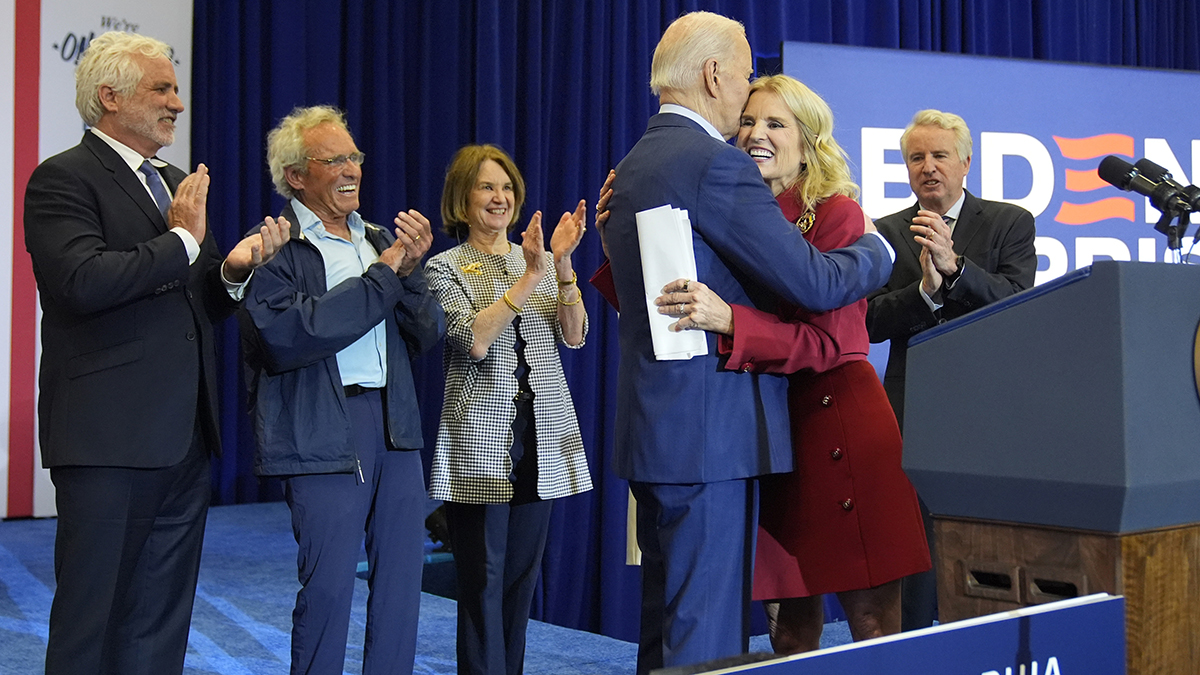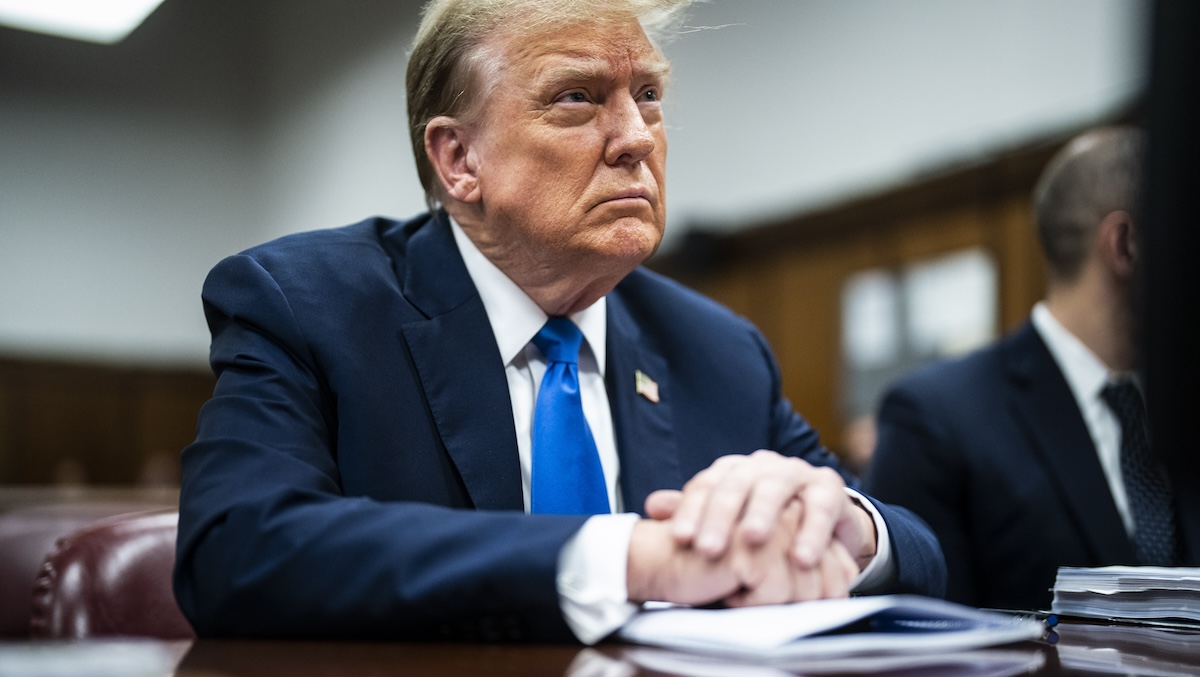A federal judge in Virginia said Monday that he will rule by the end of the year on the constitutionality of the President Barack Obama administration's health care reform law.
U.S. District Judge Henry Hudson announced his plans at the end of a hearing on state Attorney General Ken Cuccinelli's lawsuit challenging the federal statute's requirement that citizens buy health insurance or pay a penalty. Hudson said he is aware his ruling will not be the final word in the case.
"This court is just a brief stop on the way to the Supreme Court," said Hudson, a Republican who was appointed by President George W. Bush.
Twenty other state attorneys general have filed a separate lawsuit challenging the health care reform law in Florida. A federal judge last week ruled that case can go forward, but no hearing has been held on the merits.
The central issue in the Virginia case is whether the federal government has the power under the Constitution to impose the insurance requirement. Ian Gershengorn, a deputy U.S. attorney general, argued that the mandate is a proper exercise of the government's authority under the Commerce Clause.
Virginia Solicitor General Duncan Getchell countered that the federal government is attempting to stretch the Commerce Clause well beyond its intended limits. While the government can regulate economic activity that substantially affects interstate commerce, he said, not buying insurance is "inactivity" that is beyond the government's reach.
Cuccinelli said at a news conference after the hearing that he remains confident about the state's prospects of winning, and he warned of dire consequences if it does not.
Politics
Political news from the U.S. Capitol, White House and around Washington, D.C., Maryland and Virginia
"If Virginia loses this fight, Congress will be granted virtually unlimited power to order you to buy anything," said Cuccinelli, a Republican who was elected last year.
Hudson expressed a similar concern during the hearing, saying the government's theory suggests that Congress could order citizens to "buy a car, join a gym or eat asparagus."
Gershengorn argued that people are already buying health care services. That's the economic activity the law seeks to regulate by requiring people to pay up front with insurance coverage rather than pass along the costs to others, he said.
"People are active participants in the health care market," he said. "It is not inactivity."
The Justice Department also claims the law should be upheld because the penalty for not buying insurance falls under the power of Congress to levy taxes. The state argues that the penalty is punitive and is not primarily intended to raise revenue, and therefore is not a tax.
Hudson noted that President Barack Obama publicly denied that the levy was a tax. "Was he trying to deceive the people?" he asked Gershengorn.
Gershengorn said Obama said the penalty was "not a tax increase" but that everyone understood that the measure would raise about $4 billion annually, which would go into the federal government's general funds along with other tax revenues.
Cuccinelli said the Justice Department has adopted the taxation authority issue as its "fallback position" because it has lost confidence in its chances of winning on the Commerce Clause question.
Hudson also heard arguments on the state's request that he strike down the entire 2,700-page law if he finds the insurance requirement unconstitutional. Getchell said the law did not include a "severability clause," which would allow the rest of the measure to stand if part of it is declared unconstitutional.
Without such a clause, Getchell said, the judge would have to conclude that the rest of the bill would have passed had it not contained the stricken provisions. He said it's clear that the measure, which the Democratic-controlled Congress passed by a narrow margin, would have failed without the insurance mandate.
The Justice Department's Gershengorn disputed Getchell's conclusion and said the judge shouldn't have to decide what Congress might have done.
"The Supreme Court has never asked a court to act as the majority whip and count votes," Gershengorn said.
One supporter of the health care law suggested at a news conference before the hearing that Cuccinelli's attempt to invalidate the entire law shows his lawsuit is politically motivated. Ron Pollock, executive director of the health care consumer group Families USA, said "millions of families would be hurt" if the entire law is overturned.
Cuccinelli said he is simply upholding his oath to defend the U.S. and state constitutions, as well as state laws. The General Assembly last year passed a law saying Virginians cannot be forced to buy health insurance.
"From time to time it's up to the states to remind the federal government of its constitutional boundaries and push back when they overreach," Cuccinelli said.



